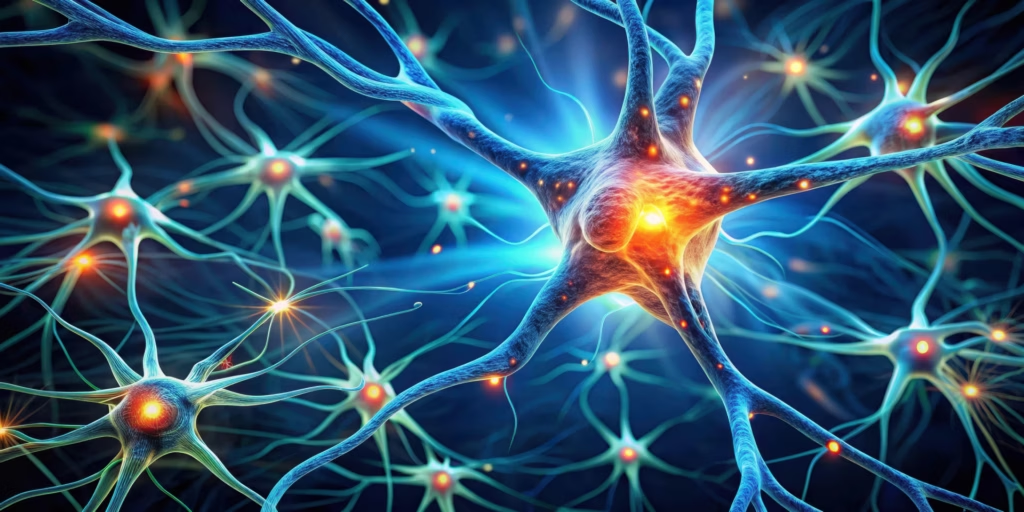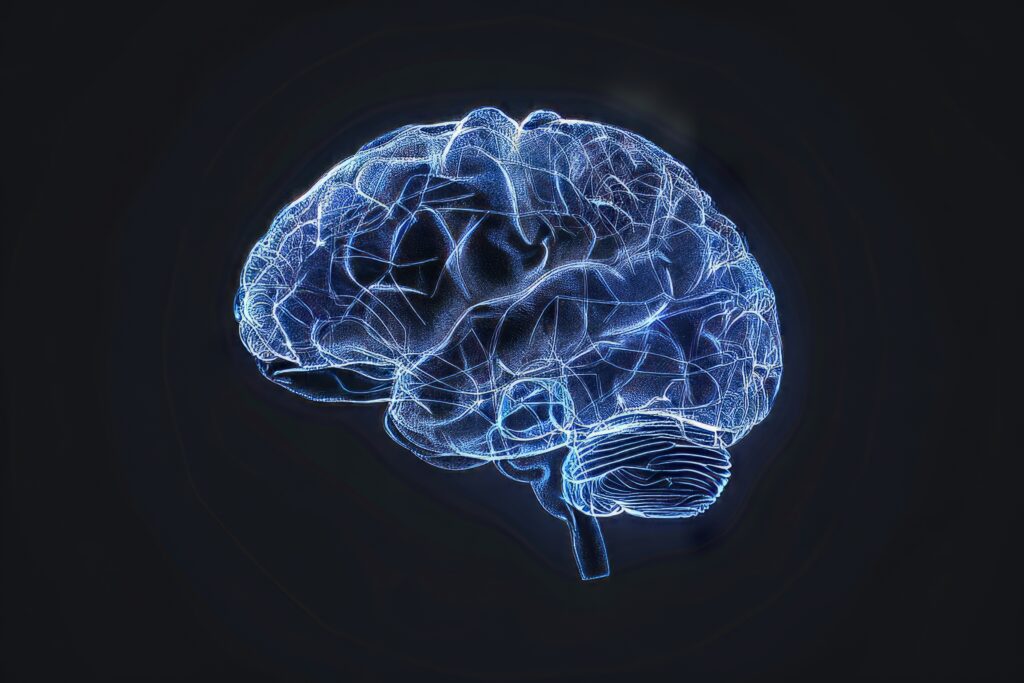Search Results
Showing Results for Huntington’s disease

Amyotrophic lateral sclerosis (ALS) is a neurodegenerative disorder of upper and lower motor neurons that results in progressive motor impairment. ALS is the most common disease of motor neurons with an annual incidence of approximately 1.7–2.5 per 100,000 people. It is a ...
Brain Awareness Week, taking place from March 10-16, 2025, is a global campaign dedicated to fostering public enthusiasm and support for brain science, organised by the Dana Foundation. Each March, participants worldwide organize imaginative activities that highlight the wonders of the brain and the profound impact of neuroscience on our daily lives.

Huntington’s disease (HD) is a neurodegenerative disease inherited in an autosomal dominant manner. It is caused by an expansion of cytosine, adenine, guanine (CAG) repeats within the huntingtin (HTT) gene, which is located on chromosome 4. This pathological expansion of ...

Explore ground-breaking advancements in the treatment of movement disorders in this insightful interview with Prof. K. Ray Chaudhuri, who shares his key takeaways from the 10th Congress of the European Academy of Neurology meeting in Helsinki. He discusses promising new therapies, personalized care approaches, and significant research on the staging of Parkinson's. Additionally, Prof. Chaudhuri emphasizes the importance of holistic treatment, stepped-care strategies, remote management, and the potential of wearable technology in improving patient outcomes, bringing his wealth of knowledge and insights to touchNEUROLOGY

In the latest edition of touchREVIEWS in Neurology, we are pleased to present a collection of insightful articles that highlight the current landscape and future directions in neurological research and treatment. Firstly, Rajvinder Karda opens this issue with a compelling ...

Huntington’s disease (HD) is a genetic neurodegenerative disease that can affect movement, cognition and mental health. It is caused by a dominant mutation in the huntingtin gene, HTT. HD is estimated to occur in 5–10 people per 100,000 yearly, worldwide.1 Pridopidine (...

The phase 2 study results of ANX005, a humanized monoclonal antibody targeting C1q, for patients with Huntington’s disease were presented at MDS 2022. In this touchNEUROLOGY interview, we speak with Dr Rajeev Kumar (Rocky Mountain Movement Disorders Center, Englewood, CO, ...

ANX005, a humanized monoclonal antibody, is designed to inhibit the classical complement pathway which has been associated with Huntington’s disease (HD). In this touchNEUROLOGY interview, we speak with Dr Rajeev Kumar (Rocky Mountain Movement Disorders Center, Englewood, CO, USA) ...

This study in patients with Huntington's disease aimed to assess insulin-like growth factor-1 (IGF-1) levels and hypothalamic function, and the association with non-motor symptoms and brain structure. In this touchNEUROLOGY interview, we speak with Dr Esther Cubo (Hospital Universitario de ...

Huntingtin (HTT) is a gene containing a key region of CAG repeats. Dr Salvatore Mazzeo (University of Florence, Florence, Italy) discusses his study on HTT alleles containing from 27 to 35 CAG repeats – termed intermediate alleles (IAs) – and the effect of these ...

In this touchNEUROLOGY interview at EAN 2022, Dr Salvatore Mazzeo (University of Florence, Florence, Italy) discusses his study on HTT alleles containing from 27 to 35 CAG repeats – termed intermediate alleles (IAs) – and the effect of these IAs on progression of cognitive impairment ...

There are currently no disease-modifying medications for the treatment of Huntington's disease, and current treatment is entirely dependent on symptomatic therapies. Prof. Erin Furr-Stimming (McGovern Medical School, University of Texas, Health Science Centre, Houston, TX, USA) joins touchNEUROLOGY to discuss ...

Chorea is a common motor symptom of Huntington Disease (HD) which impacts motor function. Valbenazine, a potent and selective vesicular monoamine transporter 2 inhibitor, is being investigated for the treatment of chorea associated HD, and was approved for the treatment of ...

Sargramostim, an innate immune system modulator, has been FDA approved for treating leukopenia for many years. Sargramostim has been investigated in this phase 2 study to determine if it can safely halt or reduce cognitive decline and brain pathology in participants ...

touchNEUROLOGY had the pleasure of meeting with Andrew Feigin (Department of Neurology, NYU Grossman School of Medicine, New York City, NY, USA) and Ralf Reilmann (Founding Director, George Huntington Institute, Münster, Germany), to discuss the clinical utility of pridopidine ...
Latest articles videos and clinical updates - straight to your inbox
Log into your Touch Account
Earn and track your CME credits on the go, save articles for later, and follow the latest congress coverage.
Register now for FREE Access
Register for free to hear about the latest expert-led education, peer-reviewed articles, conference highlights, and innovative CME activities.
Sign up with an Email
Or use a Social Account.
This Functionality is for
Members Only
Explore the latest in medical education and stay current in your field. Create a free account to track your learning.



